25
Hymn Reflection:
“Hark! the Herald Angels Sing”
Christmas Day! I am sure that when you hear these words, memories of the sights, smells, and sounds of family gatherings fill your mind and enrich your soul immediately. For me, the reminder of gathering around the organ at my grandparents’ house and singing through the hymnal comes to mind. When we sang, I rarely considered the theological content of what I was singing. But hymns and carols carry an intense amount of theological material. When a hymn writer uses a story from the Bible as the frame for the poem, the story becomes a springboard for deep theological expression, and for the singer, a means of deep theological reflection. The great carol “Hark! the Herald Angels Sing”1 is an example of a carol that has a strong and well-known story that can propel deep reflection.
The hymn starts with a simple, poetic retelling of the angels’ visit to the shepherds as contained in Luke 2:8-14. A careful reader notices that, in fact, the shepherds are never actually mentioned in the song. No, Charles Wesley has the angels address the entire world: “Joyful, all ye nations rise.” We are part of that grand earthly sweep confronted by the angels. We are also part of the grand earthly sweep who proclaim, with the angels, “Christ is born in Bethlehem!”
But the second verse starts something quite different—a list of assertions of who this baby is. After reading the carol through, ask yourself these questions:
•What does it mean to recognize Christ as the everlasting Lord?
•What does it mean to accept the idea that Jesus is the offspring of a virgin’s womb?
•How can you reconcile the living God, fully divine and yet pleased to dwell in human flesh?
•How do you recognize Christ as the Prince of Peace in your life?
•What does righteousness mean to you, and how do you recognize that righteousness in Jesus?
•Do you fully accept Jesus as your Savior and accept that he brings light and life, and that he is, indeed, risen with healing in his wings?
•Do you believe that Jesus, in his divinity and humanity, was born to free us from death and will raise us to life and give us a second birth?
•Can you freely and loudly sing “Glory to the newborn King!”
I would assume that each of us has a problem answering at least one of these questions. We may have a difficult time even with understanding the question (theologians have fought for years about what “righteousness” means), or with a theological concept (the virgin birth), or even with our own faith (do I believe this enough to freely sing “Glory to the newborn King!”).
These questions are very close to the heart of what John Wesley asks in “The Almost Christian.” They are aspirational questions that, in Wesley’s terms, help point the way to perfection. As we sing of Christ’s birth, may these questions propel us to a deeper experience of the love, grace, and salvation he brings.
Dr. Michael Dougherty
1“Hark! the Herald Angels Sing,” lyrics by Charles Wesley, 1739, is found in The United Methodist Hymnal (Nashville, TN: The United Methodist Publishing House, 1989), 240.
